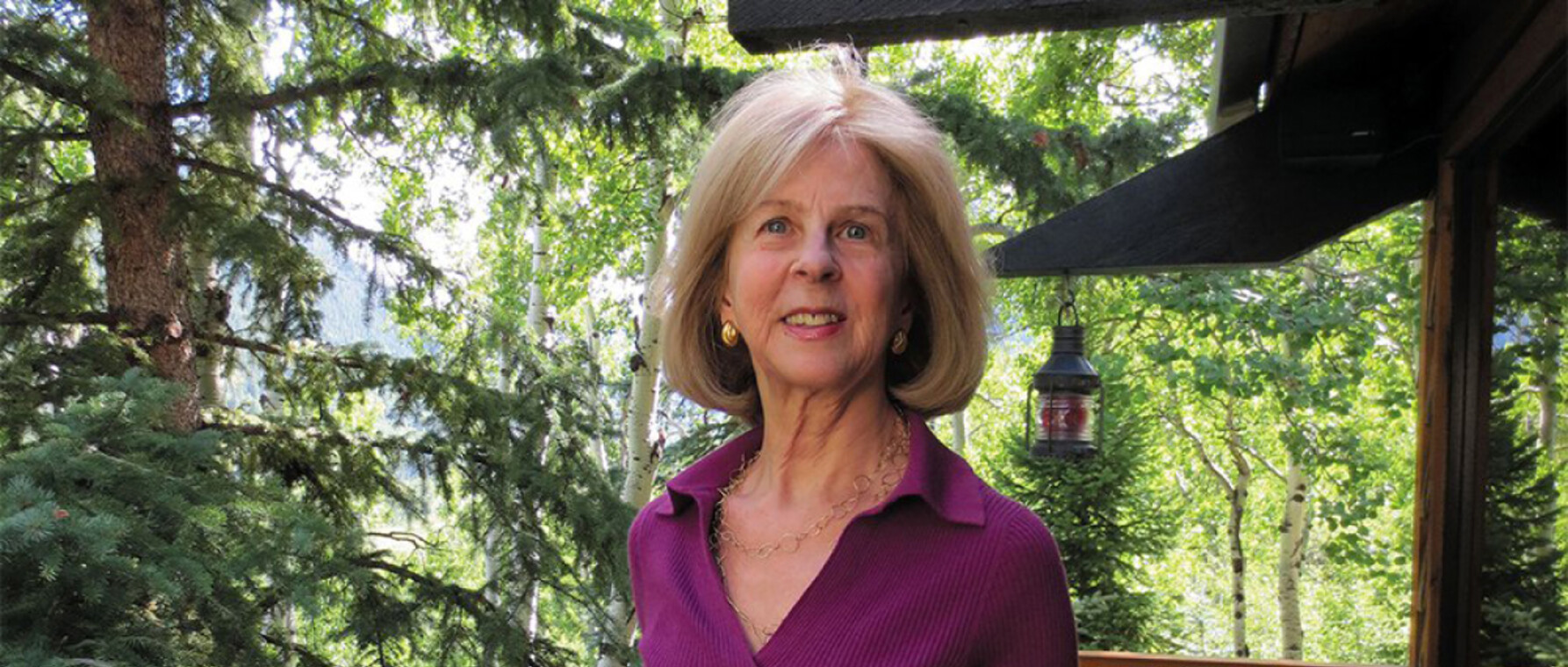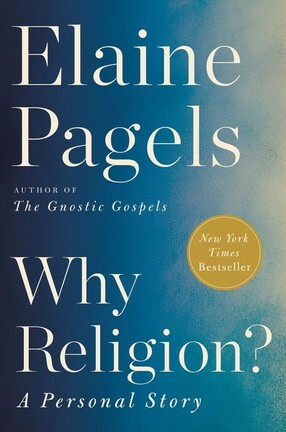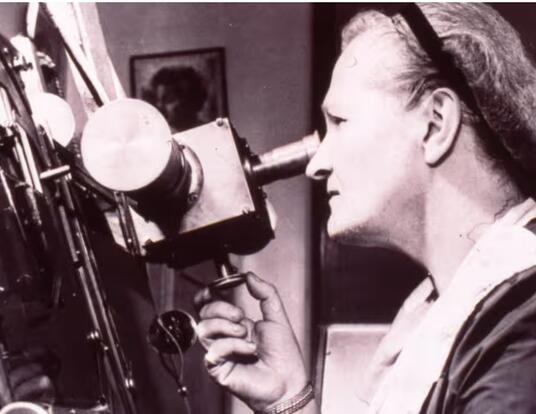Why Religion?
Elaine Pagels, PhD ’70, searches for meaning in the loss of her son and her husband

One of the world’s most renowned scholars of the New Testament, Princeton University Professor Elaine Pagels, PhD ’70, is known primarily for groundbreaking books like The Gnostic Gospels and Beyond Belief: The Secret Gospel of Thomas, which consider the legitimacy of early Christian texts outside of the four canonical gospels. For her work, she received the National Medal for the Arts from President Barack Obama in 2013. Pagels’ most recent book, Why Religion?, discusses her scholarship but is a departure from it. Part spiritual biography, part memoir, the book is ultimately the story of Pagels’ own search for meaning after suffering the sudden and successive losses of her young son and her husband.
Why did you decide to write something so personal after years of publishing exclusively academic works?
There was a time in my life when I just had to confront the loss of my six-year-old son to an illness and my husband in a mountain climbing accident. Those happened within a year. I just didn’t see how I could live through it. But my husband and I had adopted two children after our son died, and after he also died, I had to raise two babies and become the provider for the whole family. So during that time, in order to keep going, I had to put those losses way in the background.
Around 30 years later, I realized that I couldn’t live fully while continuing to ignore deep elements of my experience. Those feelings don’t go away. So I went back and started allowing those experiences to emerge. I thought, “What is it about the work that I do? What is it about any of this, Christianity, that matters?” Since the work I do as a historian of religion is deeply connected with finding meaning, I had to explore how my scholarly work and my personal life converge.
Talk about that. How did you draw on the religious tradition you study to understand tragedy and manage grief in your own life?
When dealing with these overwhelming losses, I couldn’t accept what others in such situations often say: “It’s God’s will,” or “Everything happens for a reason,” or “God never gives us more than we can handle,” as a well-meaning police officer said when he came to tell me my husband had died. I couldn’t imagine there was some spiritual “reason” that our six-year-old child died, or that my husband fell while hiking in the mountains. But like anyone else in that situation, I was roiled with a tsunami of emotions, overwhelmed with what felt like endless grief, and also with guilt. As I wrote, I had to struggle to let go of negative responses that only pile more suffering on what already felt impossible to bear.
And when I went back to the sources I’d read so often, I found that what mattered most is what we find in the Sermon on the Mount or what Luke calls the Sermon on the Plain. It’s what Jesus taught about how we are to live, and how to treat ourselves and other people. It’s as simple as the “golden rule”: renouncing judgment, envy, resentment, anger, and hate, living according to the rule of love, and receiving such responses from others. That’s what struck me as the heart of the message—the practice of compassion. I realized it was of great importance to me. It’s found both in the New Testament as we know it and in the Gnostic Gospels. And it turns out to be what the Christian tradition has in common with Buddhism, despite their enormous cultural, social, intellectual, and religious differences.
Were you concerned that you wouldn’t be viewed as a “serious scholar” any longer after writing a book like this?
I did worry. People think, “Wait a minute, she’s gone off the deep end, writing about having strange experiences and writing in such a personal way.” But then I thought, “Well, it’s just somebody’s life; it’s what often happens.”

A lot of people—like those who endowed the Institute for Advanced Study at Princeton—claim that history is a science and should be written objectively. Well, often it’s not. History is not objective in the way that, say, physics is. Narrative writing always articulates a point of view that shapes the way we write. And I think that invites the reader to understand whatever we’re writing about.
That doesn’t mean, though, that history is simply some kind of fiction. If you’re talking about Irenaeus, a bishop in the second century, you have a responsibility to put him in his context, understand his point of view, and present conflicts in ways that make sense on both sides. If you’re writing about Bishop Athanasius, who lived in the fourth century, you want to understand what motivated him to create the Christian canon together and to tell Christians never to read other Gospels.
Yet history challenges us to create narratives out of incomplete data, particularly when you’re working with ancient sources. It’s about finding meaning and trying to interpret how it shapes our cultural legacy—what matters about it, and what doesn’t. These are deeply connected.
Let me end with the question with which your book begins: Why religion? Given its decline in the Western world, why does religion still matter?
Many people think that religion is about what you believe—a view influenced by the way Christianity did create an institutional church in the fourth century CE around a set of doctrines embodied by the Nicene Creed. But I’ve come to realize that religious traditions are focused on something much more profound than believing. It’s not that believing doesn’t matter, but the basis of such traditions is practice: the rituals, poems, songs, meditations, prayers, and festivals that connect people into a unified group and speak to them about questions of meaning.
Take the Passover Seder, in which I last spring participated with some friends in Princeton. This, too, becomes a template of meaning in Jewish tradition, showing that those who share it are celebrating a legacy of release from slavery and oppression, and the joy of moving into freedom. The Seder embodies and affirms that movement in ritual, as its stories, prayers, and songs, like so many in other traditions, speak deeply to our emotions.
A brilliant colleague of mine at Stanford, the anthropologist Tanya Luhrmann, demonstrates this in her most recent book, How God Becomes Real. After investigating the practices of various groups—evangelical Christians, magicians, Zoroastrians, Black Catholics, Santeria initiates, orthodox Jews—she shows that what their various practices create are different kinds of perception and understanding that enable them to engage more deeply with their own experience. So, while people are leaving religious institutions, they’re not leaving questions of meaning behind but seeking more effective ways of engaging them, as I have been doing both in my work and in my personal life.
Get the Latest Updates
Join Our Newsletter
Subscribe to Colloquy Podcast
Simplecast





